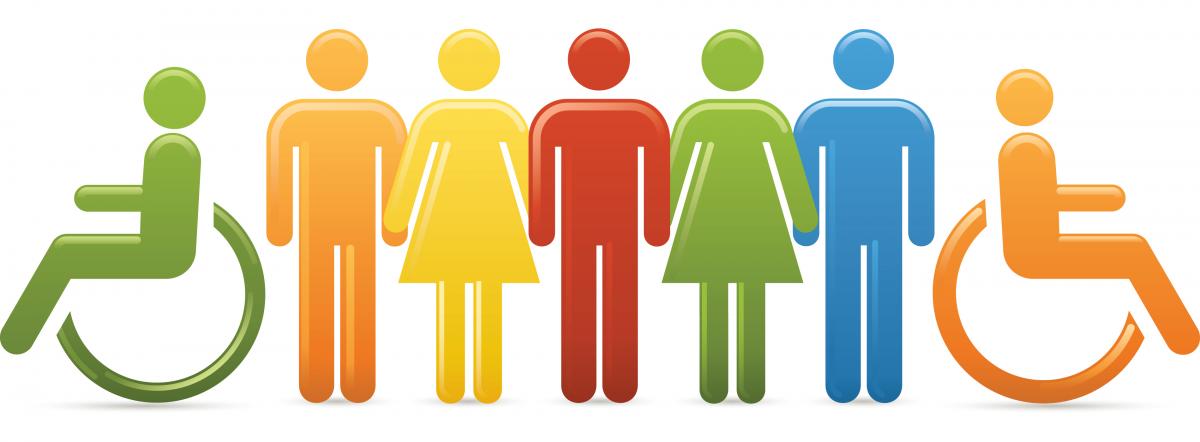
The New York State Human Rights Law protects employees against discrimination in hiring, firing, wages, and in terms, conditions, and privileges of employment, including apprentice programs. The principal federal law against employment discrimination on the basis of race, color, national origin, religion, and gender is Title VII of the Civil Rights Act of 1964. Although many other laws prohibit discrimination, two other especially important federal anti-discrimination laws are the Americans with Disabilities Act (ADA) and the Age Discrimination in Employment Act (ADEA). Within New York State, employment agencies, labor organizations, joint labor management boards, all agencies of State and local governments, and employers for four or more individuals must comply with the Human Rights Law.
The Law protects individuals from discrimination in the following situations:
- During interviews for employment;
- Being hired;
- Receiving compensation and benefits;
- Keeping a job;
- Receiving training or other resources;
- Receiving a promotion or job assignment;
- Receiving the same conditions and opportunities in the workplace that others receive;
- Failing to hire, discharging, or otherwise discriminating against any individual with respect to his or her compensation, terms, or conditions of employment because of such individual’s membership in a protected class; and
- Limiting, segregating or classifying employees or applicants for employment in any way which would deprive or tend to deprive any individual of employment opportunities or otherwise adversely affect his or her status as an employee because of such individual’s membership in a protected class.
What Does Employment Discrimination Look Like?
Asking questions such as:
- How old are you?
- Are you now pregnant or planning to have a family in the future?
- Do you have a disability?
- Have you ever been treated for any of the following diseases?
- Are you married, single, or divorced?
- What is the name and occupation of your spouse?
